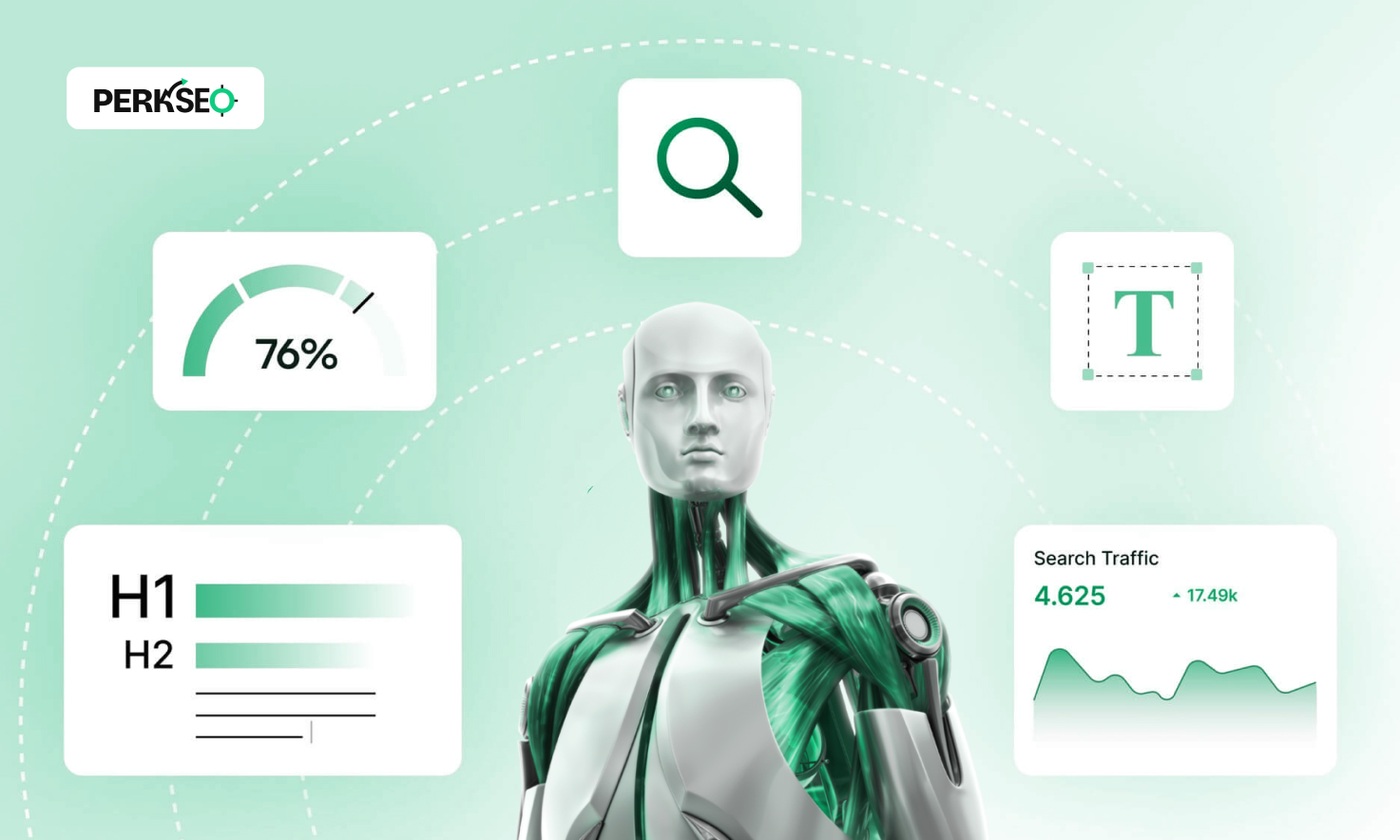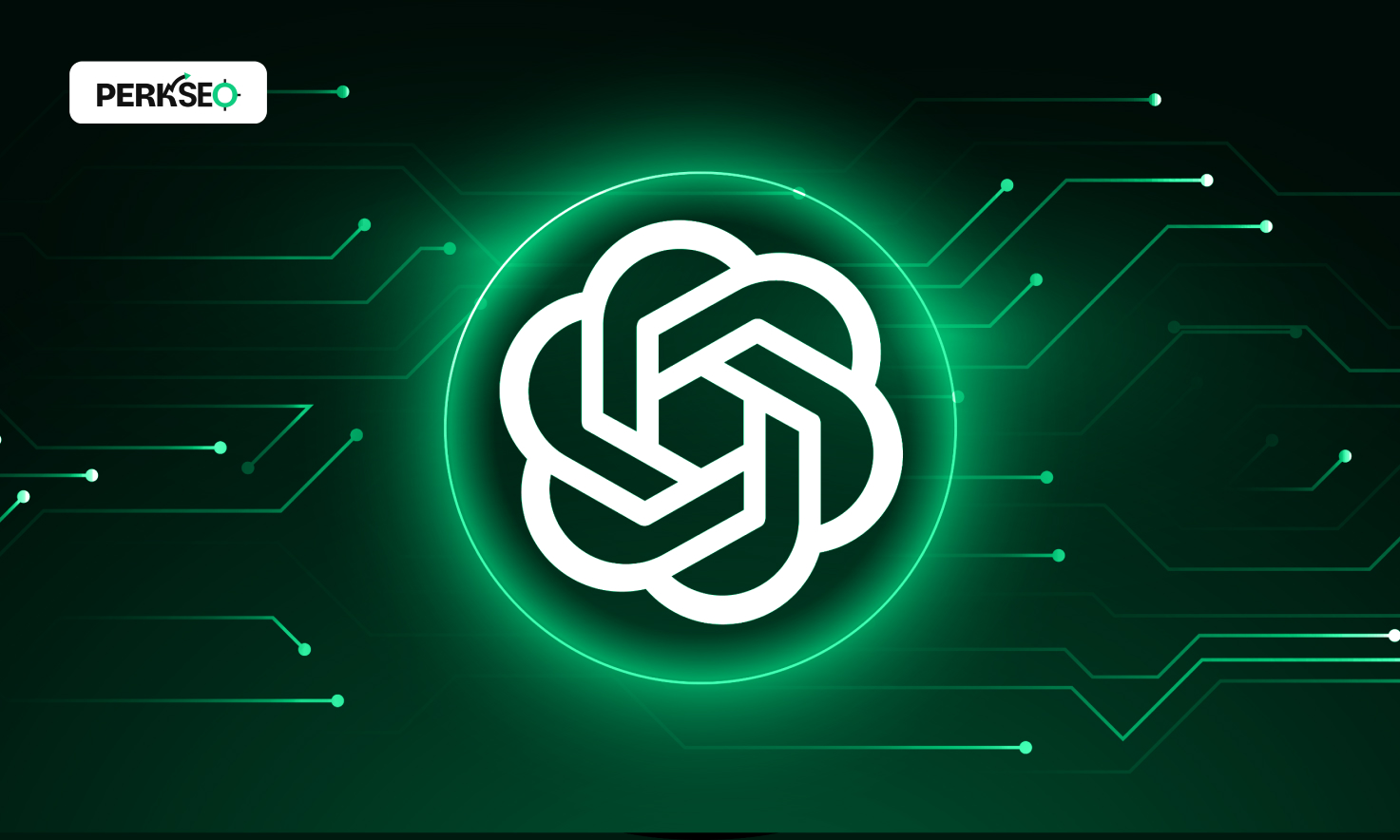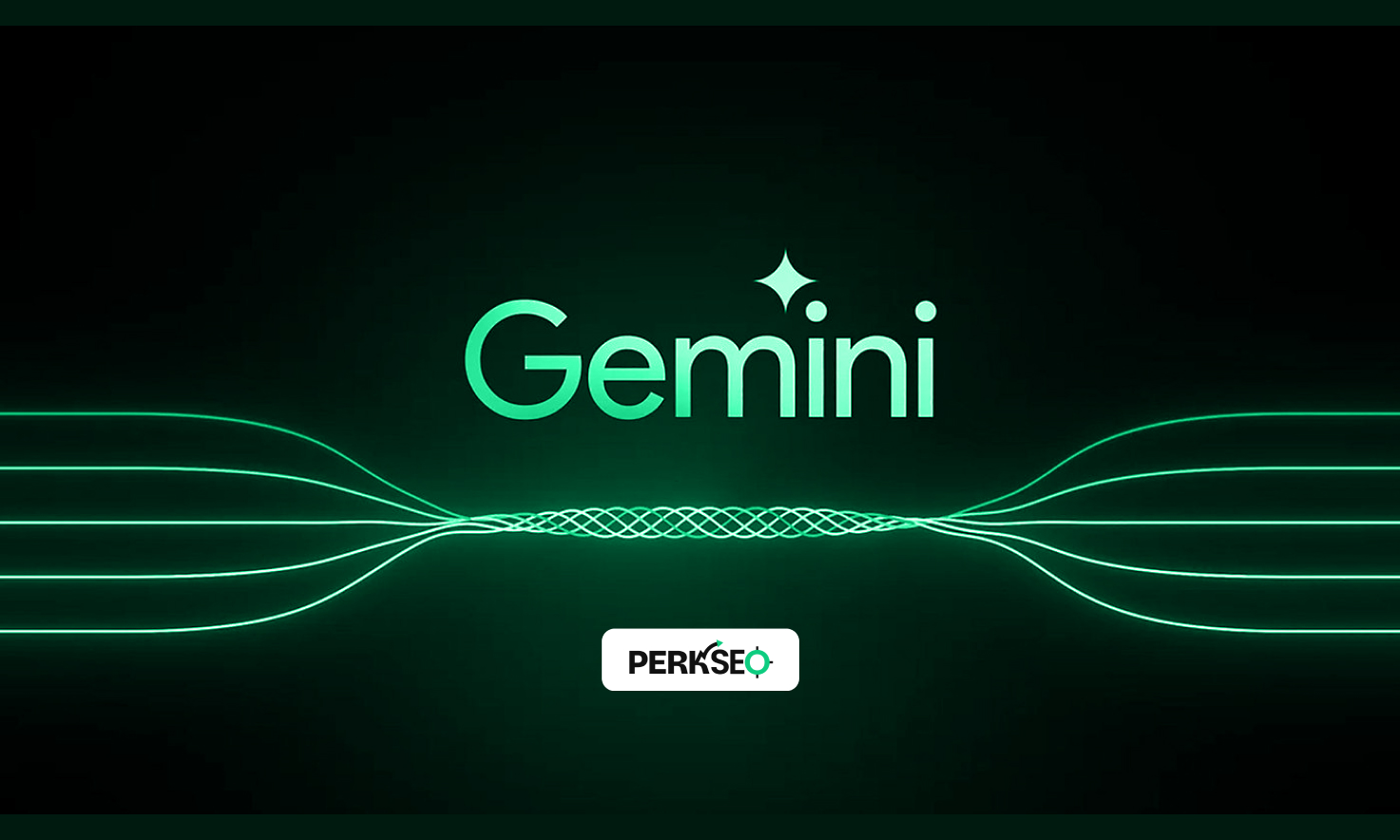
The relationship between AI & SEO is no longer a futuristic concept; it’s the current reality for digital marketers. The days of manually sifting through spreadsheets of keywords are quickly fading, replaced by a more dynamic, intelligent, and insightful process. Large language models (LLMs) like OpenAI’s ChatGPT and Google’s Gemini are at the forefront of this transformation, fundamentally reshaping how we approach keyword research. These powerful AI SEO tools don’t just find keywords; they uncover user intent, predict trends, and automate tasks that once consumed countless hours, forever changing the landscape of search engine optimization.
This shift is not minor. According to industry reports, a significant percentage of marketing professionals are already using AI for content and keyword strategies, with over 70% reporting increased efficiency and better campaign results. The integration of AI in keyword research allows for a deeper understanding of the nuances of language and search behavior. It moves us beyond simple keyword matching to a more sophisticated strategy centered on topics, context, and the user’s journey. This article will explore how ChatGPT and Gemini are leading this charge, offering practical strategies and insights for leveraging these tools to dominate the search rankings.
The Old vs. New Paradigm: Keyword Research Before and After AI
To appreciate the revolution, we must first understand the evolution. Traditional keyword research was a labor-intensive process, often producing a static and sometimes shallow understanding of a target audience.
The Traditional Approach: A Manual Grind
For years, the process looked something like this:
1. Seed Keywords:
Brainstorming a handful of broad terms related to a business.
2. Tool-Based Expansion:
Plugging those seed keywords into tools like Ahrefs or SEMrush to generate thousands of long-tail variations
3. Manual Filtering:
Spending hours, or even days, sifting through massive CSV files to filter by search volume, keyword difficulty, and perceived relevance.
4. Guessing Intent:
Making educated guesses about what a user really wanted when they typed in a specific phrase.
This method was effective to a degree but had significant limitations. It was slow, prone to human bias, and often missed the subtle connections between related topics. Marketers frequently focused too heavily on high-volume keywords, ignoring the valuable, high-intent queries hidden in the long tail.
The AI-Powered Approach: Speed, Depth, and Intent
The integration of AI in search engine optimization introduces a new, more intelligent workflow. Instead of just expanding lists, AI for keyword clustering and analysis helps us understand the why behind the search.
Here’s how AI SEO strategies change the game:
- Intent Analysis at Scale: AI can analyze thousands of search queries in seconds to categorize them by intent (informational, navigational, transactional, commercial).
- Semantic Understanding: Tools like ChatGPT and Gemini understand context and relationships between words, allowing them to generate topically relevant keyword groups that a human might miss.
- Predictive Insights: By analyzing vast datasets, AI can help predict emerging trends and future search behavior, giving marketers a competitive edge.
- Automation of Tedious Tasks: AI can perform a complete AI-driven SEO audit of your existing content, identify keyword gaps, and even suggest content outlines based on its findings.
This shift means we can build content strategies that are not just optimized for single keywords but for entire topic ecosystems, better satisfying both users and search engines like Google.

ChatGPT for SEO: Your AI Keyword Research Assistant
ChatGPT has rapidly become a go-to tool for marketers. Its conversational nature makes it an accessible yet powerful partner for enhancing SEO with AI. It excels at brainstorming, expanding ideas, and organizing information in creative ways.
Using ChatGPT for Keyword Research: Practical Prompts
Getting valuable output from ChatGPT depends entirely on the quality of your input. Here are some effective ChatGPT SEO prompts for keyword research:
1. Brainstorming Seed Keywords and Niches
Prompt: “I have a website that sells sustainable yoga mats. Act as an SEO specialist and generate 10 seed keywords for my core product. Then, for each seed keyword, list 5 related niche topics I could write blog posts about.”
2. Identifying User Intent
Prompt: “Here is a list of keywords: [list of 10-15 keywords]. Categorize each keyword by its likely search intent: informational, commercial, transactional, or navigational. Present the result in a table.”
3. Generating Long-Tail Keywords and Questions
Prompt: “My main keyword is ‘AI for small business.’ Generate 20 long-tail keywords and 15 questions people are asking related to this topic. The questions should be suitable for an FAQ section.”
4. Creating Keyword Clusters
Prompt: “I’m planning content around the topic ‘home coffee brewing.’ Here is a list of 50 keywords I’ve gathered. Group these keywords into semantically related clusters and suggest a pillar page title for each cluster.”
These ChatGPT SEO hacks transform the tool from a simple text generator into a strategic partner. It helps you think more broadly about your topic and connect with your audience on a deeper level by addressing their specific questions and problems.

Gemini SEO: Leveraging Google’s Multimodal AI
While ChatGPT is a versatile powerhouse, Google’s Gemini offers a unique advantage: its native integration and deep understanding of the Google ecosystem. As the AI that will likely power future iterations of Google Search, including the Google SGE (Search Generative Experience), understanding how to use Gemini for SEO is crucial.
What Makes Gemini Different for SEO?
Gemini’s power lies in its multimodality, its ability to understand and process text, images, audio, and code simultaneously. This has profound implications for the future of SEO with AI.
- Deeper SERP Analysis: You can provide Gemini with a screenshot of a search engine results page (SERP) and ask it to analyze the top-ranking content. It can identify content formats (videos, blogs, product pages), common themes, and potential gaps you could fill.
- Enhanced Competitor Analysis: Instead of just analyzing text, Gemini can review a competitor’s entire landing page, including images and layout, to provide insights into their strategy.
- Understanding Search Intent on a New Level: Because it’s from Google, Gemini has a more intrinsic understanding of how Google interprets AI and search intent. This can lead to more accurate keyword suggestions and content structures that align with what Google wants to rank.
How Gemini AI Affects SEO Strategy
Using Gemini AI for marketers means adapting to a more holistic view of content.
1. Multimodal Content Creation:
Your strategy can’t just be about text anymore. Gemini’s capabilities signal that Google values a mix of content types. Using AI for content optimization might involve prompts like: “Analyze this blog post and suggest where I could add an infographic, a short video, or a code snippet to increase its value.”
2. Optimizing for the Search Generative Experience (SGE)
- SGE provides AI-generated snapshots at the top of the SERP, directly answering user queries.
- To appear in these snapshots, your content must be clear, authoritative, and directly answer questions.
- Use Gemini to refine your content.
Prompt: “Rewrite this paragraph to be a concise, direct answer to the question ‘What are the benefits of AI in keyword research?’ suitable for an AI-generated search summary.”
3. Advanced Competitor Analysis with AI
- Using AI for SEO competitor analysis with Gemini goes beyond keywords.
Prompt: “Analyze the top 3 ranking articles for the keyword ‘best AI SEO tools for 2025.’ Create a table that compares their main headings, unique points, and calls to action. Identify a content gap that my article can fill.”
Advanced AI & SEO Strategies: Beyond Basic Keyword Lists
The true power of AI & SEO is unlocked when you move beyond simple generation and into strategic application. The best AI for SEO in 2025 will be the one that helps you build a comprehensive, defensible content moat.
Strategy 1: AI for Keyword Clustering and Pillar Pages
Manually grouping thousands of keywords into logical clusters is a nightmare. This is where AI tools for SEO keyword clustering shine.
The Process:
- Generate a Master List: Use traditional tools and AI prompts to generate a massive list of relevant keywords (long-tail, short-tail, and questions).
- AI-Powered Clustering: Feed this list into a tool like ChatGPT or a specialized AI SEO tool and instruct it to group keywords based on semantic relevance.
- Identify Pillar and Cluster Topics: The AI will create logical groups. The broadest topic in each group is your “cluster” topic, which warrants a dedicated blog post. A super-topic that ties several clusters together becomes your “pillar” page.
Example:
- Pillar Page: The Ultimate Guide to Digital Photography
- Cluster Content:
- Choosing the Best Camera for Beginners
- Understanding Exposure Triangle (ISO, Aperture, Shutter Speed)
- A Guide to Photo Composition Rules
- Post-Processing with Lightroom and Photoshop
This structure signals to Google that you are an authority on the overarching topic, improving your rankings for hundreds of related keywords.
Strategy 2: AI-Powered Content Gap Analysis
An AI-driven SEO audit can quickly show you what you’re missing. AI can crawl your site and a competitor’s site and pinpoint keywords they rank for that you don’t.
Prompt (for ChatGPT or Gemini):
“My website [your website URL] writes about financial planning for millennials. My main competitor is [competitor URL]. Analyze both sites and identify 10 high-intent keywords or topics that the competitor ranks for in the top 10 of Google, but my site has no content about. Focus on informational and commercial intent keywords.”
This gives you a pre-validated list of content ideas that are already working for others in your niche.
Strategy 3: AI in Local SEO Optimization
For businesses serving a specific geographic area, AI in local SEO can be a game-changer. AI can analyze local search patterns and generate hyper-targeted keyword ideas.
The Prompt:
“I run a plumbing service in Brooklyn, New York. Generate a list of 20 location-based service keywords, including neighborhood-specific terms. Also, suggest 5 blog topics that would appeal to homeowners in Brooklyn, such as ‘Common plumbing issues in older Brooklyn brownstones.'”
This level of specificity helps you connect with a local audience and dominate the local map pack.
The Human Element: AI vs Human SEO Strategies
With all this talk of AI SEO automation, a critical question arises: is the human SEO professional becoming obsolete? The answer is a resounding no.
AI is a powerful tool, but it is not a strategist. It lacks genuine creativity, empathy, and business acumen.
AI Strengths
Data Processing: Analyzing massive datasets in seconds.
Pattern Recognition: Identifying trends and clusters.
Automation: Handling repetitive tasks like clustering.
Speed & Efficiency: Generating ideas and outlines quickly.
Human Strengths
Strategic Oversight: Aligning SEO goals with business objectives.
Creativity & Empathy: Understanding brand voice and customer pain points.
Critical Thinking: Evaluating AI output and making final decisions
Building Relationships: Networking and digital PR for link building.
The future is not AI vs human SEO strategies; it’s a partnership. The most successful teams will be those where an expert AI SEO consultant or agency uses AI to handle the heavy lifting, freeing up human experts to focus on high-level strategy, creative content development, and building genuine authority.
The Future of AI & SEO: What to Expect
The synergy of AI & SEO is just getting started. The evolution of tools like ChatGPT and Gemini, combined with Google’s SGE, points to a more conversational, intent-focused future. Marketers who embrace AI-powered SEO services and strategies will not only survive but thrive.
By using AI for keyword generation, clustering, and intent analysis, you can build a content strategy that is more comprehensive, efficient, and user-centric than ever before. The key is to treat AI not as a replacement for human expertise but as an indispensable partner in the ongoing quest to master search. Start experimenting with these prompts, integrate them into your workflow, and watch as you uncover new opportunities to connect with your audience and achieve your SEO goals.

From Leeds to the world our SEO strategies help you rank higher, attract more customers, and scale your business with confidence.
Services
Copyright © 2025 PerkSEO. All rights reserved.

